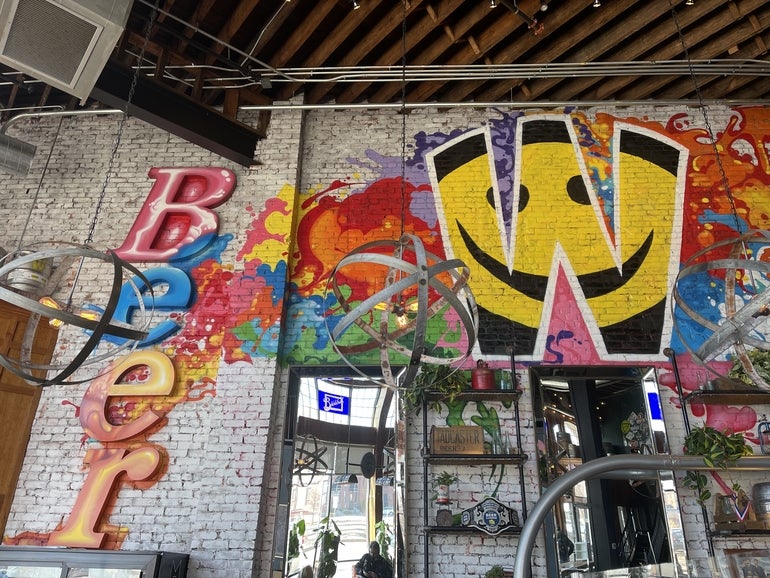Headwinds have emerged in the craft brewing industry nationwide, including slower sales and volume growth, increased closures and fewer startup breweries.
With an eye toward promoting industry growth and guiding owners through the evolving landscape, the University of New England in Biddeford, Maine is collaborating with craft beverage professionals along with beer and distillery guilds to provide industry-specific training for employees across the U.S.
The collaboration, called Crafting Futures, provides a tailored curriculum designed to equip industry professionals with the skills and knowledge needed to navigate the evolving craft beverage landscape.
“Over the last five years, the craft beverage sector has experienced dramatic changes,” said Gregory Dunkling, UNE’s online program developer. “The University of New England, working closely with an advisory board, will address critical issues that senior staff in breweries and distilleries face today.”
Themes will include understanding brewery/distillery finance, how to best grow sales in a crowded market, and exploring merger and exit strategies.
The craft distilling sector is growing and technical training will be offered to assure high-quality product.
“The craft beer industry today faces headwinds not experienced in the past,” Dunkling told Mainebiz.
Brewery closures roughly match the pace of openings, sales are flatlining and there’s more competition than ever, he said.
“This has led to brewery owners re-considering their strategic plans and developing a clear direction for the future,” he continued. “Their plans may deviate slightly, or in other cases a great deal, from an initial business plan.”
Dunkling noted that hiring consultants is one approach to forming a future direction.
“Yet, many small breweries need a more affordable approach,” he said. “Crafting Futures was formed to offer senior brewery staff the space, time and access to industry experts, in addition to the value of peer support, to consider options and develop a preliminary plan for re-envisioning a brewery’s future.”
Crafting Futures’ advisory board consists of beer industry professionals and craft brewery guilds. The goal is to help prioritize critical business issues facing senior staff.
“While we have identified some needs, brewery finance being one, the process of listening to individuals closest to brewery staff is an important element of our planning process,” Dunkling said.
The program is designed to offer flexible learning models, including online courses, workshops, and immersive experiences. The goal is to ensure that individuals across the industry can benefit from the program.
The first course is centered on financial training for breweries, distilleries and cideries, led by Kary Shumway, a certified public accountant, CFO of Wormtown Brewery in Worcester, Mass., and founder of online services called Craft Brewery Financial Training and the Beer Business Finance Association.
The goal is to provide craft brewery owners, managers, and staff with financial skills to enhance business performance. The online course will be deliver in six self-paced modules.
Additional business topics the board is assessing, said Dunkling, include marketing strategies and tactics, re-assessing territorial beer sales and strategies, partnership models, mergers and acquisitions, expansions, bringing on partners or investors, real estate planning, operations and efficiencies, exit strategies and appraisals.
Beth Taylor-Nolan, dean of UNE Online, said the goal of the collaboration alliance is to bring “practical, affordable, and accessible training to brewery and distillery owners, manager and staff on topics that will help them address current challenges and prepare for future needs.”
“Crafting Futures is launching at a critical time in the evolution of both distilling and brewing, when change is happening so rapidly that we need to work together to navigate effectively,” said Laura Lodge, owner of Customized Craft Beer Program, a consultant in Vail, Colo.
The advisory board, all outside of Maine, includes Heather Pilkington, managing director and CEO of First Key Consulting, a brewing and beverage industry consulting firm in Vancouver, British Columbia; Matt McLaughlin, a lawyer in Jackson, Miss., whose firm focuses on beverage law; Michelle Forster, former executive director of the Wyoming Brewers’ Guild; Julie Rhodes, president of Not Your Hobby Marketing in Colorado; John Reynolds, president of BrewPlan Inc. in Wisconsin; Lodge; and Shumway.

